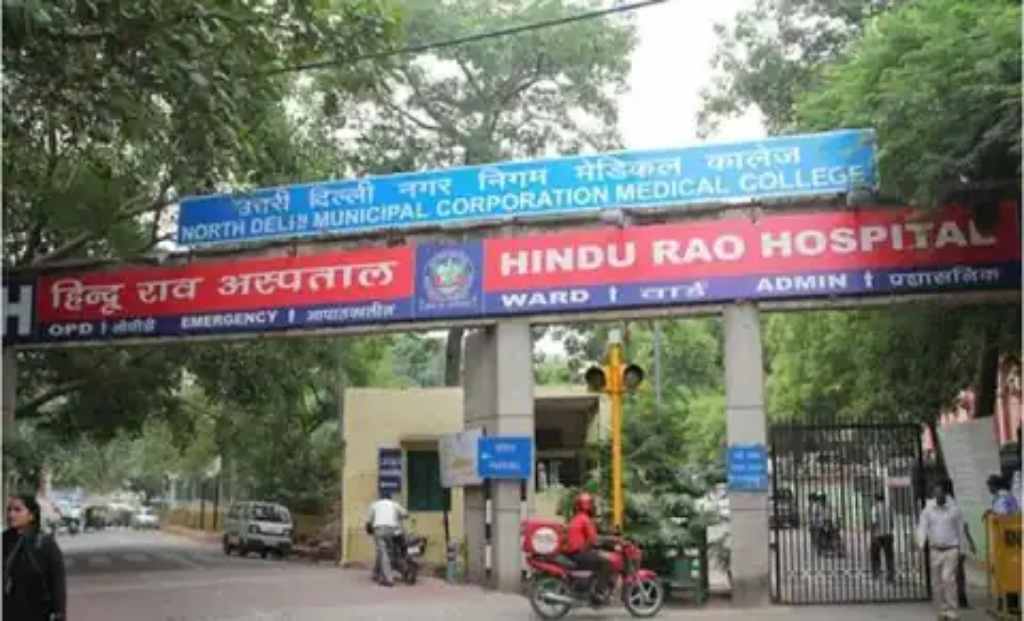Extreme Heat Sparks Health Concerns: Stay Safe this Summer
Doctors at Paras Hospitals, Gurugram, Raise Alarm Over Rising Cases of Heat-Related Illnesses
Extreme temperatures have gripped the nation, causing widespread concern about the health implications of the scorching summer heat. Among the most vulnerable groups at risk are children, officegoers, construction and industrial workers, and the elderly. Medical experts from Paras Hospitals, Gurugram, have issued a warning, urging people not to take the rising temperatures lightly and to be cautious about their fluid intake and outdoor activities during peak hours.
Heat Stroke and Dehydration on the Rise – A Growing Public Health Issue
As the mercury soars, hospitals have witnessed a significant surge in cases of heat-related illnesses, with dehydration, heat exhaustion, and heat stroke topping the list. Dr. R.R. Dutta, Head of Internal Medicine at Paras Hospitals, Gurugram, revealed that the facility has been receiving an alarming average of 20-25 such cases daily. The affected age groups range from children to the elderly, making it crucial for everyone to understand the risks and take necessary precautions.
Summer Depression: Unveiling the Lesser-Known Mental Health Challenge
While winter is commonly associated with seasonal depression, the onset of summer has brought to light a less-discussed phenomenon – summer depression. Dr. R.R. Dutta warns that longer days, soaring heat, and increased humidity can contribute to mental health issues during this season. Recognizing the symptoms and seeking timely help is vital in combating this often-overlooked aspect of extreme temperatures.
Essential Dos and Don’ts: Staying Safe in the Sweltering Heat
To safeguard against the adverse effects of extreme heat, experts recommend adhering to specific dos and don’ts:
Do’s:
- Stay Hydrated and Covered: Drink plenty of water and fluids while avoiding prolonged exposure to the sun. Wear loose and light clothing to prevent heat-related discomfort.
- Seek Shade for Workers: Employers should provide shaded work areas for outdoor workers and caution them against direct sunlight exposure.
- Recognize Signs of Heat Stroke: Be aware of symptoms like altered mental state, lack of sweating, and nausea, and seek medical attention immediately if they occur.
- Use Protective Gear: Wear light-colored, lightweight cotton clothing, along with hats with brims and sunscreen, to provide additional protection from the sun’s rays.
Dont’s:
- Avoid Midday Sun Exposure: Minimize outdoor activities, especially between 12 noon and 3 pm, when the sun’s rays are the strongest.
- Limit Sugary Drinks: Refrain from consuming alcohol, tea, coffee, or beverages high in sugar, as they can lead to further dehydration or cause stomach cramps.
- Moderate Protein Intake: Reduce the consumption of high-protein and outside food during extremely hot days to ease the digestive system’s strain.
Extreme temperature conditions demand vigilance and proactive measures to safeguard our health. By following the expert advice provided by doctors at Paras Hospitals, Gurugram, and adhering to the dos and don’ts, we can protect ourselves and our loved ones from the adverse effects of scorching summer heat.











